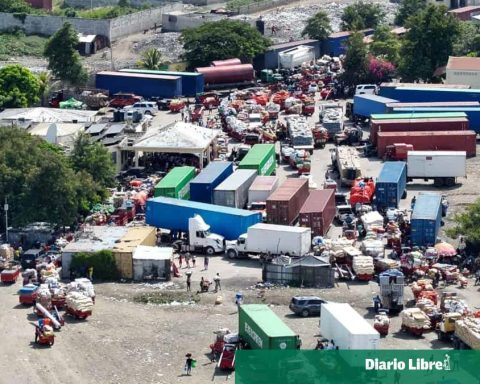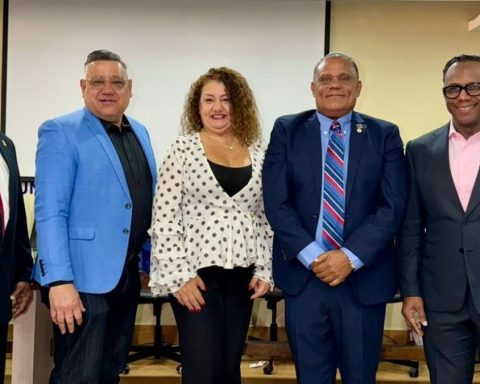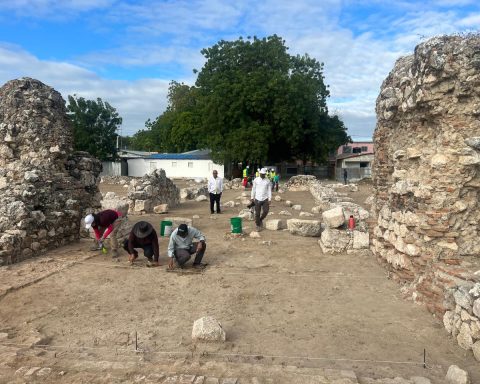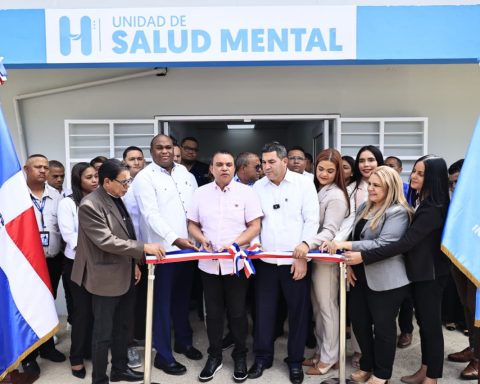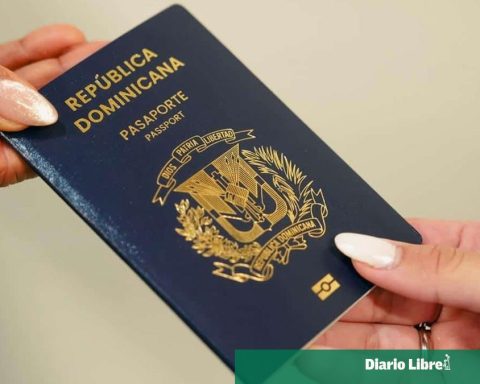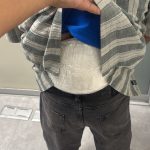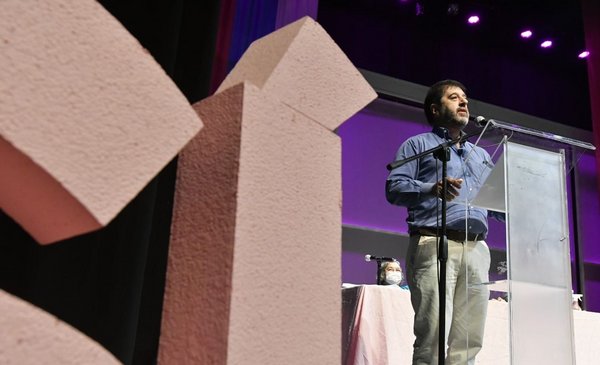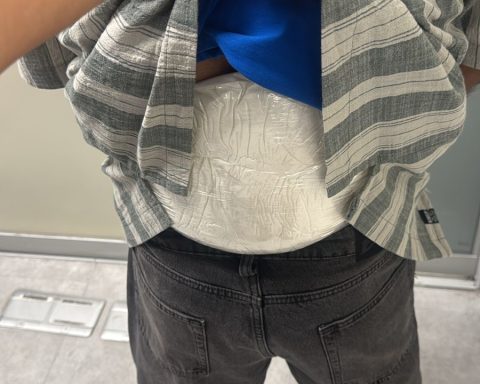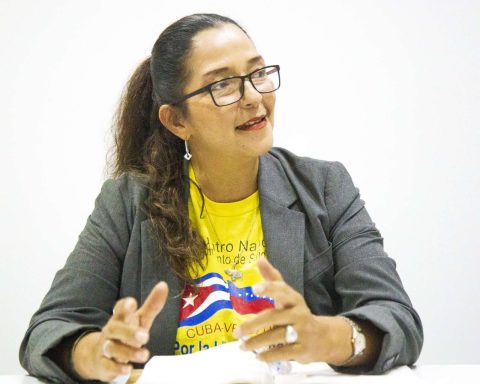Since 2018 he has walked the business world; sells honey, catibía, clothing, various seeds and seeks to grow more
Yenelosis Mena is very clear about what it means to “plant” a business, irrigate it, take care of it and put it into production. He is running three at the same time – and possibly more – with satisfactory results that will continue to lead his life and success in the best direction.
It sells empanadas or catibías made of cassava, honey, clothing and various types of seeds. But before she could do it, she had to become a “test passed” girl.
His venture began in 2018 with the sale of bale clothes and in 2020, as a result of the arrival of the covid-19 pandemic and the need for people to make “remedies” to fight the virus, he made a turn abrupt, but accurate towards another commercial activity.
It then began to offer organic honey, supplying itself with beekeepers from Baní, Peravia province, and from San Cristóbal. He later placed his own apiary on his parents’ farm, on Banilejo soil.
The demand for the sweet product began to skyrocket and it was necessary to place the supply in the same proportion or more.
Yenelosis businesses are located on Núñez de Cáceres Avenue, National District.
The take-off point, in terms of investment, was given with 14 thousand pesos of an extra credit. With that he bought the first bale (of used clothing) and in the first three months he sold the equivalent of 350 thousand pesos, an enviable figure for a business that he was not sure about – at the time – if it would bear fruit or not. But he gave them and keeps multiplying.
When the small businesswoman reviews the time that has passed since the first day of her business, she concludes that the growth has been exponential. “Now I don’t sell cheap clothes, I sell American clothes, which I buy in Los Angeles,” he tells elCaribe.
He buys clothes wholesale in North American territory and later sends them to Santo Domingo. It also has suppliers from Texas, in the case of used clothing. The clientele has grown quite a bit because they now have more marketing methods and tools to be able to expand. The business location is the living room of the house, designed as a showroom (sample), where it receives people for appointments.
But its greatest reach at the level of customers and sales is through social networks. It mainly has the Instagram and WhatsApp platforms. He can be reached through @varietiesporym, as well as @mielorganicaporym and on the phone 829-763-0801. The physical location is Calle Cayetano Germosén, next to the Banco Central club.
La Altagracia and the suppliers
The suppliers of the cassava empanadas marketed by Yenelosis are from Higüey, La Altagracia province. They send her the dough and she prepares it and passes it on to the final consumer. “It is one hundred percent higüeyana yucca, but I also sell cashew, almond and pistachio seeds. Everything is natural and without salt”, she explains, in a fluid conversation with this newspaper.
She is good at conversation and does not hide it. She knows that a large segment of the Dominican population seeks a healthier diet every day and is willing to please them.
In the first month of commercialization of the catibías, it sold 15,000 units. These were not wholesale sales, but customers asking for a dozen or two. “Everything I sell has been of great growth,” he continues.
Currently, in the case of empanadas, it is a supplier to several restaurants and some other businesses and recreational spaces.
From his point of view, for people who start with an idea or a small business, “the key is always to trust in God, believe in yourself, and not take negative words from anyone.” She has a degree in Business Administration, graduated from Apec University. She worked in a construction company, with a salary of 15,000 pesos and when she saw that in the end she had 500 “clean” pesos left, she chose to retire from it.
“My profession cost more than 300 thousand pesos; I decided that this (the employment of 15,000 pesos) could not continue like this and that something had to be done to change it”, he recalls.
It was there when she opened her first bale in the trunk of a car and many people made fun of her. “Look at this graduate selling used clothes in a trunk, they told me,” recalls Yanelosi in the mid-morning talk.
The livelihood (in some cases part of that livelihood) of ten people depends on their businesses. They are employees or collaborators.
Yenelosis Mena knows that she is not alone in the market for the items she offers. The competition is wide.
When elCaribe asks him why he should choose his products and not those of another marketer, his answer is: “Whoever buys from me knows that he is getting quality and knows that he is getting the products sold by a person with extensive experience.”
He has aspirations to open a fixed location to distribute honey and empanadas.
However, it is clear to him that he can perfectly continue operating as he has done so far at home. He refers to the fact that today you can be in the market without the need for a conventional location. “People prefer to save time and that’s why they ask for products and merchandise to be sent to their homes or offices,” he explains. The clothes he sells are mainly for women.
The trunk of the car was his first “local”.
Honey and seeds are highly sought after.
Empanadas have a high consumption.
Your emergency fund
Yenelosis Mena also worked at another institution and while she was there, there were days when her cell phone would not stop receiving messages. There she understood that it was not worth neglecting what could be a promising business, for wanting to stay in a job. “That job was taking away the time that I could dedicate to my company. Luckily I was able to figure it out in time and get out of it,” she recalls. He said that he has his emergency fund.




